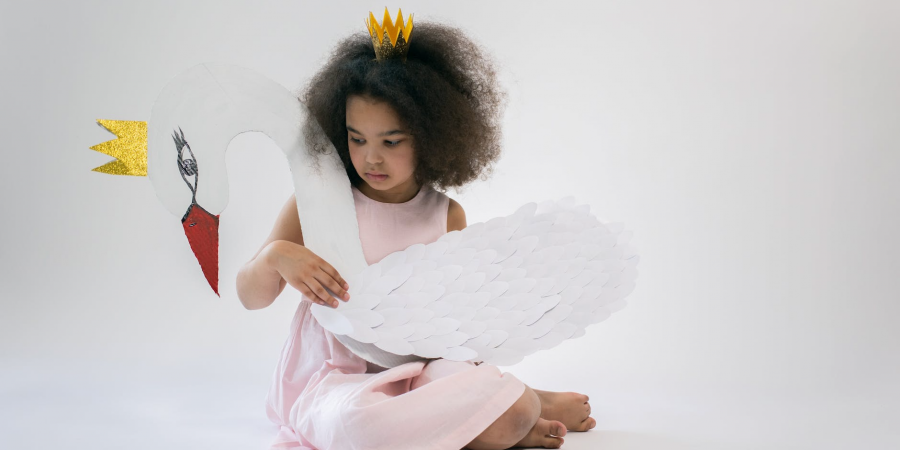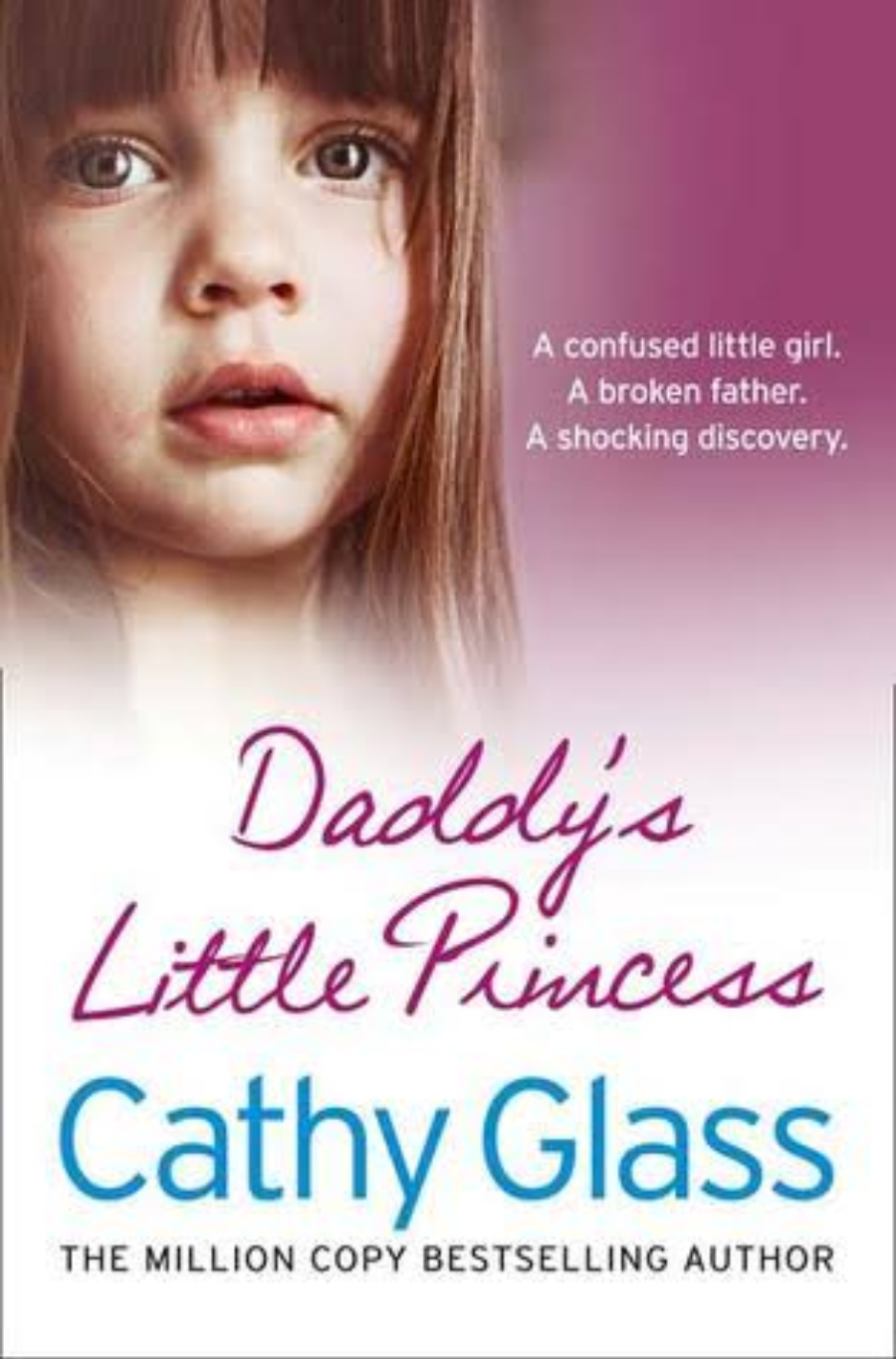

The most recent book by foster carer and internationally bestselling author Cathy Glass.
ABOUT THE AUTHOR
British best-selling author Cathy Glass also works as a freelance writer and foster parent.
Her writing is primarily associated with the True Life Stories and Inspirational Memoirs subgenres, and she has also penned the true-life-inspired novel The Girl in the Mirror as well as the parenting manual Happy Kids.
REVIEW
I came across Damaged by Cathy Glass a few years ago and was instantly hooked. It took me one day to read. It was the sorrowful tale of a child who was placed in Cathy's care as a foster child. I didn't immediately hurry out to read another of her numerous books because the first one was so emotional, but I knew I would read more of her writing in the future.
I chose to try Daddy's Little Princess because it was released in the spring of this year. The book's description and tagline are quite theatrical, referring to a "shocking discovery" and other such things. But it wasn't even close to being as intense as I had anticipated. This can be advantageous depending on your reading preferences.
In this book, there were two connected storylines. One was the tale of a little child named Beth, who ends up in Cathy's care after her father experiences a mental breakdown. The second examines the relationship between Cathy and her husband, John.
Since she can remember, Beth has only ever had her father as a dad. But their bond appears to go beyond what a healthy father-daughter relationship ought to entail. We have a front-row view to the uncertainties and struggles Beth and her dad face as they attempt to end their unsuitable relationship.
The two kids of Cathy and John in this tale are 6 and 3 years old. Cathy is left with the majority of the childcare duties for Beth and their own biological children while John works away from home ALL THE TIME. In the first few chapters, I thought this dynamic was quite strange. They did, after all, have problems, and this novel specifically focused on those aspects of their life.
The writing was excessively descriptive, drawn out, repetitious, and occasionally just plain dull, even though I think both of these stories are really important cautionary lessons. I would unquestionably advise reading any Cathy Glass novel that catches your attention, but not this one in particular. Please read some Cathy Glass, though. She is a truly talented writer, foster parent, and writer.
One of the few books where you can see the kid in therapy is this one. I'm not clear how Beth saw a play therapist twice a week for a few months while in other circumstances, cases where it seems just as urgent, it could not be. While Derik saw the hospital's psychologist. who, happily, was an authority on incest, namely emotional incest.
Because of Beth's maturity, intelligence, living in Cathy's house, observing a happy family, and treatment, her narrative has a happy ending.
Sadly, the idea of emotional incest makes sense, but I've never heard of it. How quickly it can occur and how challenging it is for everyone to attempt to re-create a positive parent-child relationship. Cathy and her family were dealing with a lot at the time as well. Most notably, John's week-long absences, as well as his request for a divorce from Cathy near the book's conclusion. Additionally, as I previously mentioned, she was mainly left to handle the day-to-day aspects of fostering on her own. She received little help expressly for her and no one to mediate between her and Beth's social worker.
Cathy still went above and above for Beth and her family.
